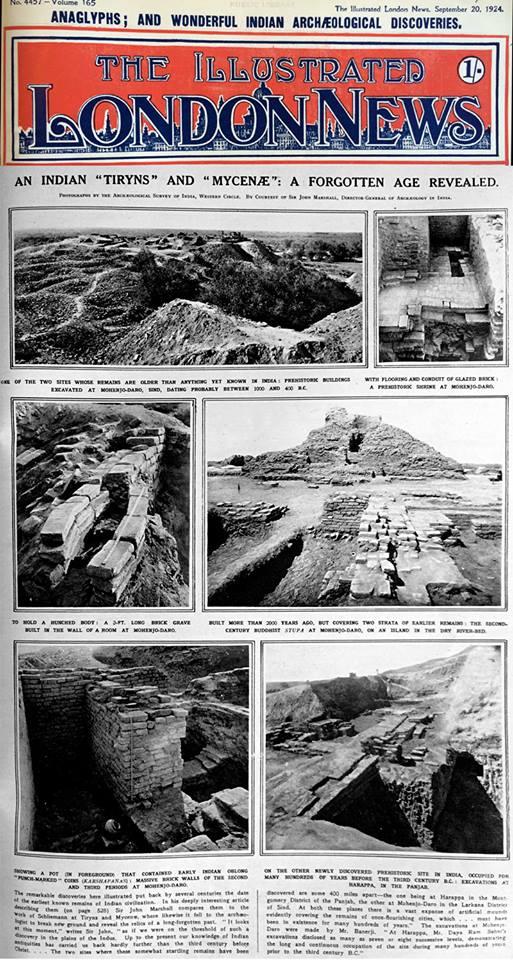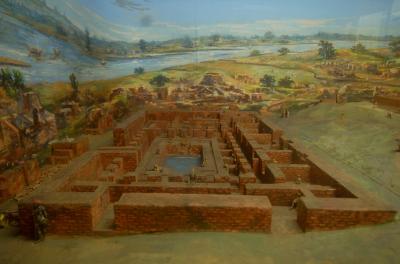History is boring to many people, often eliciting long yawns. But a new development in Indian history should make everyone sit up and take notice. A new study by scientists from IIT-Kharagpur and Archaeological Survey of India which shows that the Indus Valley Civilization is at least 8,000 years old, and not approximately 5,000 years old as previously believed demands a fundamental and objective rethink of old assumptions about the antiquity of Indian civilisation and its role in world history.
If this evidence, published in the journal ‘Nature’, and using cutting-edge ‘optically stimulated luminescence’ on technologies on ancient pottery shards, is correct then it would substantially push back the beginnings of ancient Indian history, proving that it took root well before the pharaohs of Egyptian (7000BC to 3000BC) and the Mesopotamian (6500BC to 3100BC) civilizations in the valley of the Tigris and the Euphrates. Researchers have also found evidence of a pre-Harappan civilization that existed for at least 1,000 years before this and it may force a global rethink on the generally accepted timelines of so-called ‘cradles of civilization’.
This is a quantum leap, if their claims are correct. The scientists are not just shifting a few years here and there. They are saying that their evidence pushes back the mature phase of the Indus Valley Civilisation (with big remains in Harapa and Mohen-jo-Daro in modern Pakistan and Dholavira in Gujarat along with a 100 other sites) from its current dating of 2600-1700 BC to 8000-2000 BC. This also pushes back the pre-Harappan phase from 9000-8000 BC.
Ever since the discovery and dating of the Harappa and Mohen-jo-Daro civilisations in colonial India, Indian history has been politicised: divided between those who believe in the Aryan invasion theory, those who think it was a clever colonial device to justify their own rule on racial dominance-lines and those who think Aryans may have spread into India through cultural diffusion. This has long been a crucial political fault-line in Indian history between the Left and the Right but this new evidence demands that we step away from ideological hardlines and objectively reassess our historical past.
After all till a 100 years ago, we didn’t even understand what the ruins of Harappa and Mohen-jo-Daro were. We reclaimed them as part of the Indian past because of new archaeological evidence put out by the colonial archaeologist John Marshall in 1924.

This process must continue and we must look with fresh minds at new evidence like the discovery of a Harappa-like ancient site in Tamil Nadu’s Shivganga by ASI, for example, which may lend new archaeological credence to the narratives in Tamil Sangam literature about ancient Tamils and the Madurai and Pandya kingdoms. Received wisdoms should not inhibit this search.
For detailed discussion on the new findings and why it matters, watch our Times of India live chat on the Indus Valley Civilisation


